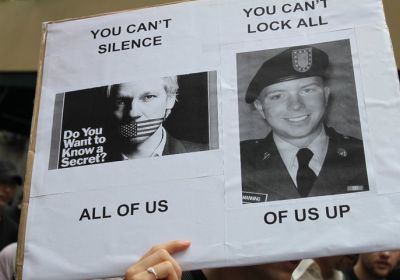
Time magazine chose to crown Facebook creator Mark Zuckerberg as its Person of the Year for 2010. But for so many people, it was Julian Assange, who won the popular vote, who was more definitive of the year that was.

Time magazine chose to crown Facebook creator Mark Zuckerberg as its Person of the Year for 2010. But for so many people, it was Julian Assange, who won the popular vote, who was more definitive of the year that was.
Wikileaks founder Julian Assange said that over the next six months, Wikileaks will be releasing more files related to Israel. “There are 3,700 files related to Israel and the source of 2,700 files is Israel,” he told Al-Jazeera on December 22. “The Guardian, El Pais and Le Monde have published only two percent of the files related to Israel due to the sensitive relations between Germany, France and Israel.”
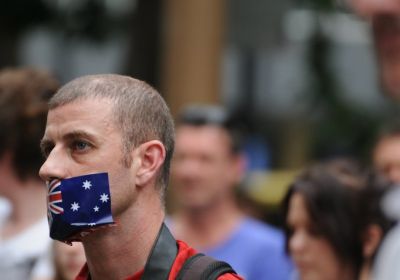
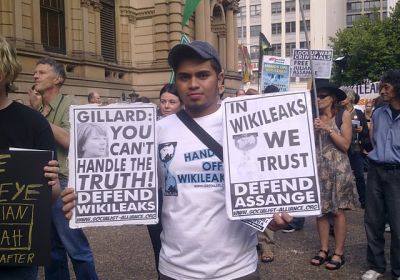
Supporters of whistleblowing website Wikileaks rallied in Sydney, Melbourne and Adelaide on December 14, as Wikileaks editor-in chief Julian Assange faced a bail hearing at Westminster magistrates court in London that day. Protesters opposed attempts by governments and corporations to shut down and harrass the site. About 800 people gathered in Sydney to call for Assange to be granted a fair trial and to defend Wikileaks. About 1000 marched in Melbourne and 300 in Adelaide.

More than 1000 people rallied at Sydney’s Town Hall at 1pm on December 10 to show their support for Wikileaks and its founder Julian Assange. Rallies also occurred in Brisbane, Melbourne, Hobart, Adelaide and Perth.
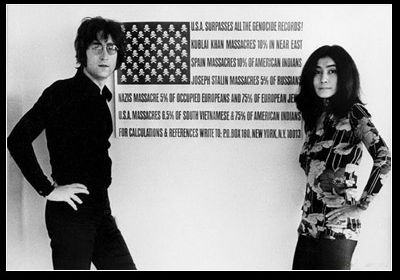
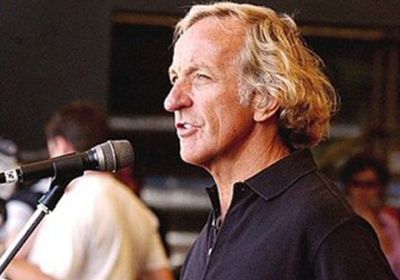
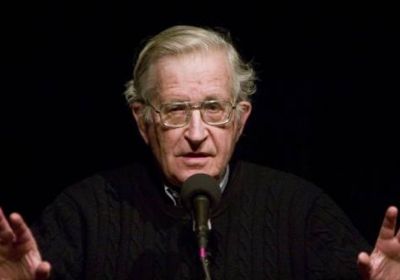
Noam Chomsky, renowned academic, author and critic of US imperialism, has offered his support to protesters across Australia planning to take to the streets in defence of Wikileaks.
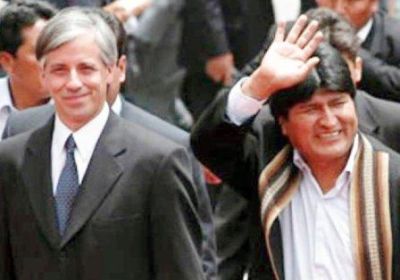
Bolivian Vice-President Alvaro Garcia Linera has posted all US diplomatic cables released by WikiLeaks that pertain to Bolivia on his official website, the Associated Press said on December 8.
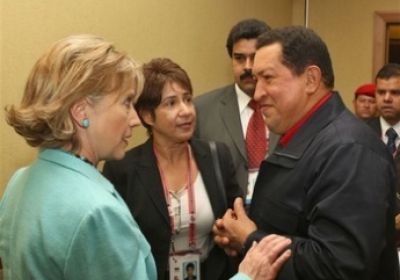
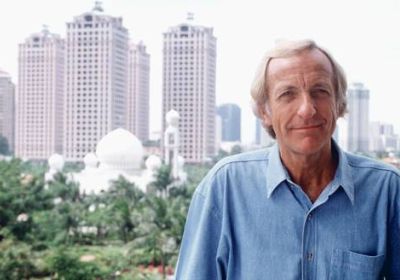
Statement released by organisers of the Sydney rally to defend Wikileaks on December 10 at Sydney Town Hall.